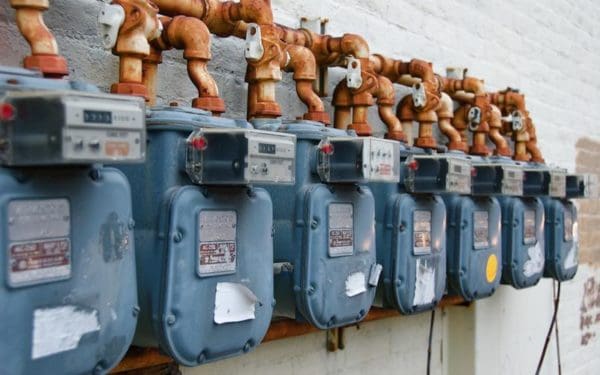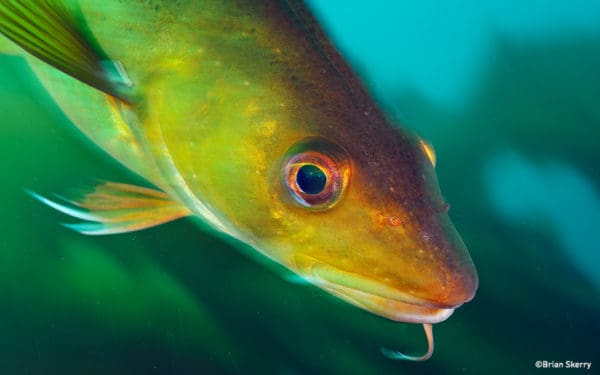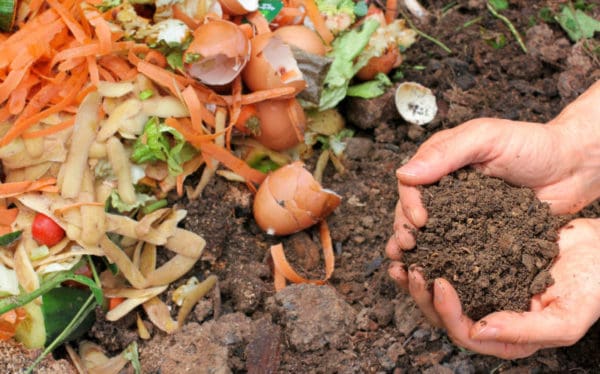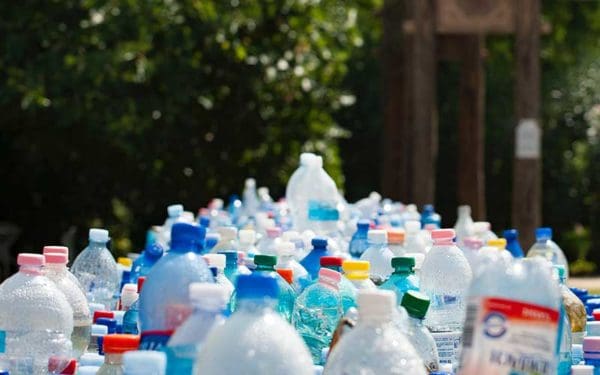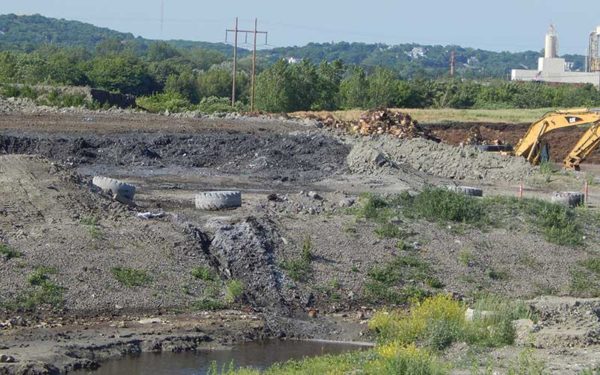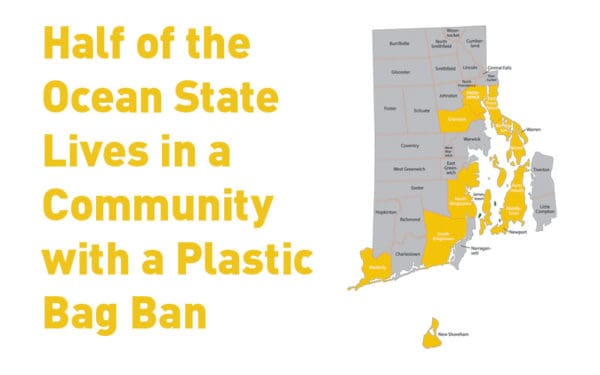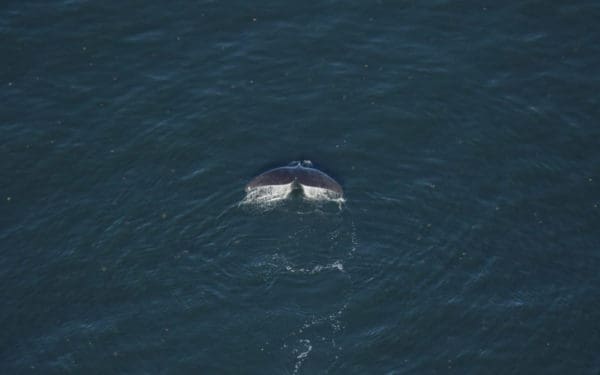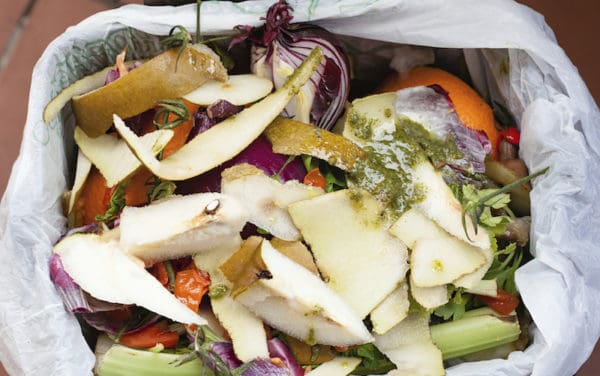Oct 30, 2019
“Customers should absolutely not be straddled with higher bills because of the mistakes of utilities,” said Amy Moses, Vice President and Director of CLF Rhode Island. “But the report’s suggestion of reducing demand for gas simply doesn’t go far enough. We need to get off dirty fracked gas and focus on clean renewables, not expand infrastructure that only harms our air and destroys our climate.”
Oct 29, 2019
This is part three of a three-part series on the current state of Atlantic cod in New England. Part three explores how a warming ocean is making problems caused by poor management worse. Read part one about the challenge of inaccurate data here and part two on decades of bad management here. The climate crisis… Continue reading Give Atlantic Cod a Break: The Role of Climate Change
Oct 29, 2019
Over the last few years, the push to get food waste out of landfills and incinerators has become the new kale. Or cupcakes. Or bone broth. You get the picture. And rightfully so! As a nation, we waste a staggering amount of food every year: about 40 percent of what we produce. That’s more than… Continue reading Are You Composting Yet? If Not, Now Is a Good Time to Start!
Oct 28, 2019
Our recycling system is in a crisis. Up until last year, recyclables collected for the U.S. were shipped to China for processing. But then, China stopped accepting our recycling, setting off a chain reaction of problems. In New England and across the country, the cost of recycling for towns and cities is skyrocketing, forcing local… Continue reading Our Recycling System is Broken
Oct 28, 2019
Think for a moment about the trash you produce every day, either directly or indirectly. First, there’s what you throw out at your home or your job; then there’s the trash that restaurants, laundromats, doctors’ offices, and other businesses you frequent throw out after you leave. Next, add the waste from the farms that produce… Continue reading Municipal Solid Waste: What is It and Why is It a Problem?
Oct 08, 2019
With action to stem plastic pollution stalled at the state level, communities across the Ocean State continue to pick up the slack and take on this important work.
Oct 08, 2019
Shell Oil is putting Providence and the iconic Narragansett Bay at risk.
Oct 08, 2019
This summer, 10 right whales died, including Wolverine, the great-grandson of famous right whale matriarch Kleenex. Each whale death this year means families lost mothers, fathers, siblings, and grandchildren — a family tree that’s losing branches. Calving mothers like Kleenex are crucial to the right whales’ survival.
Oct 08, 2019
We live surrounded by trash, especially single-use plastic. It’s in our homes, schools, restaurants, offices, communities, and the environment. There’s so much waste that it can be easy to miss its full scale in our lives. Manufacturers and brand owners have created this throw-away culture by mass-producing disposable goods. But when it comes time to… Continue reading Can You Slash Your Trash for One Week?
Oct 04, 2019
New Englanders don’t need this dirty fossil fuel.
